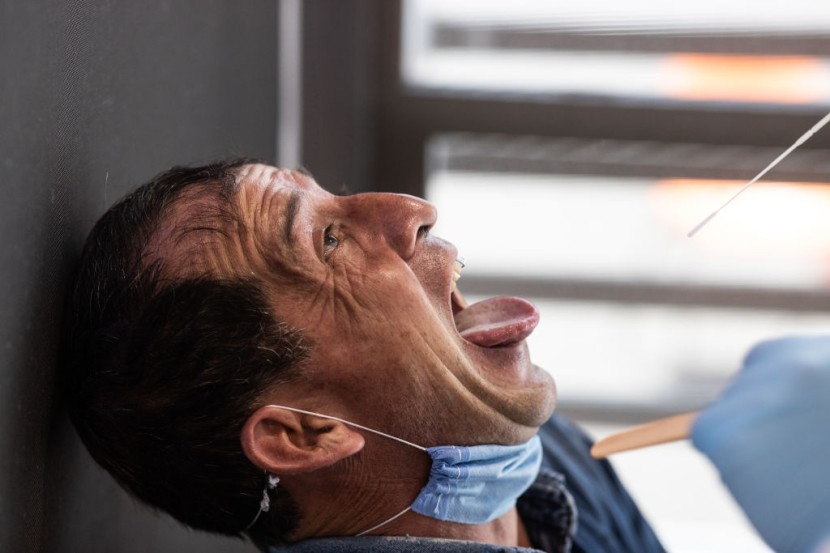
Adding up to the already wide range of symptoms of COVID-19, researchers have discovered that COVID-19 patients may also exhibit enanthem or a rash on the mucous membrane inside the body, particularly in the mouth.
Spanish doctors serving at Ramon y Cajal University Hospital in Madrid checked 21 COVID-19 patients who exhibited skin rashes to see if they also developed rashes inside their mouths. The patients who were examined were those who had appointments with dermatologists from the end of March until the first week of April.
Based on the findings of the examinations that were published in the JAMA Dermatology journal, six out of the 21 patients or 29% of the patients were found to have mouth rash. In addition, the research letter also noted that the patients who had the said symptoms were around 40 to 69 years old and 66% of them were women.
Moreover, it was stated that the rash on the patients' mucous membranes started to develop around 12 days upon onset of their COVID-19 symptoms. Most of the patients also had small red, brown, or purple spots inside their oral cavity, this is also known as petechiae.
Mucous Membrane Rash is Common in Viral Infections
According to Newsweek, New York's Lenox Hill Hospital's Dr. Michele Green said that it is usually very common to patients of viral infections to exhibit rashes which affect their mucous membranes. This is true to patients of chickenpox and hand, foot, and mouth disease.
Based on past research that looked into COVID-19, there has been a link found between the skin rashes and the viral disease according to the researchers. However, what remains unclear is if the said rashes are caused by the virus or is a side-effect of the drugs that were given to manage the infection.
The authors also stated that there is something that could tell or what they called an "important clue" to differentiate if the rash inside the mouth is caused by the drugs or the virus. But most patients with COVID-19 or are suspected to be positive do not have their mouths checked due to safety concerns.
Meanwhile, Dr. Veronique Bataille, who is a consultant dermatologist from the UK who was not involved in the study said that they have already observed that COVID-19 can affect mucosa, which includes, the mouth, the eyes and in very rare instances, the genitals. In view of this, Dr. Bataille has recommended that individuals who have these symptoms should immediately self-isolate, and request for a COVID-19 test as soon as possible.
Since it first emerged late in 2019, there has been development on COVID-19 research that suggests that the symptoms of the disease are not only limited to fever, dry cough, and shortness of breath. Other symptoms such as loss of sense of taste and smell have also been observed in some patients as the outbreak evolved to become a pandemic.
In addition, the US Centers for Disease Control and Prevention (CDC), a person with COVID-19 may exhibit a wide range of symptoms. These symptoms may appear between the second day and the 14th day that the person has contracted the virus.








